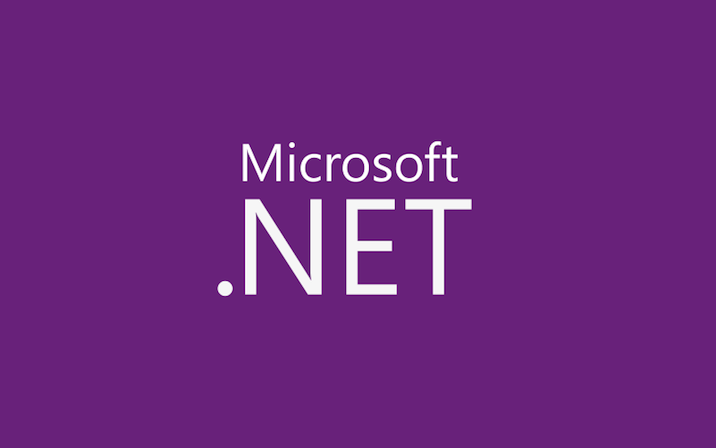


Parallel Computing at Imagine Cup 2009

Interested in parallel computing? We’re hiring!

Parallel.Invoke() vs. Explicit Task Management

TaskCreationOptions.PreferFairness

All about Async/Await, System.Threading.Tasks, System.Collections.Concurrent, System.Linq, and more…





